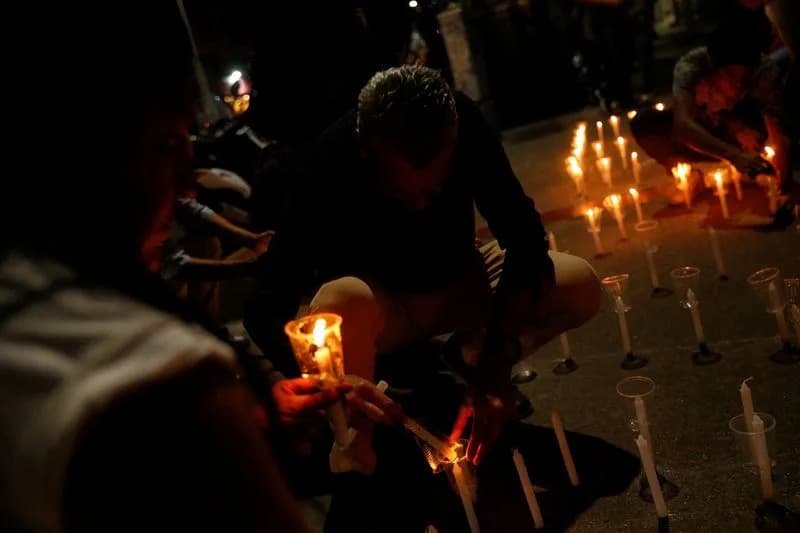President Gabriel Boric has ordered Punta Peuco — the military prison associated with privileged conditions for many convicted of Pinochet‑era human rights crimes — to be incorporated into Chile’s public penitentiary system to help ease overcrowding. The move ends the facility’s reputation for amenities such as tennis courts and barbecue areas and says housing will be decided by security needs rather than status. About 141 men, average age roughly 80, are held there, including Miguel Krassnoff, who faces a sentence exceeding 1,000 years. The decision has prompted praise from the left and criticism from the far right; the site will be renamed Tiltil Penitentiary and receive new inmates early next year.
Chile Ends 'Privileged' Regime at Punta Peuco — Pinochet‑Era Convicts to Join Public Prison System

Chile to fold Punta Peuco into the public penitentiary network
President Gabriel Boric announced on Monday that Punta Peuco — the high‑security military prison long associated with comfortable conditions for those convicted of human rights crimes from the Pinochet era — will be converted into an ordinary public penitentiary to help relieve chronic overcrowding.
Unlike the cramped, overcrowded conditions that characterize much of Chile’s prison system, Punta Peuco has long offered extensive communal spaces, including tennis courts, barbecue areas, a library and a television room. Critics have argued these amenities symbolise preferential treatment for former members of the security services convicted of atrocities under General Augusto Pinochet.
"The fact that Chile has a special prison like this has no justification," Boric said. "From today forward, Chile will no longer have first and secondary category prisoners. Places will be decided according to security criteria, not privilege … this is a step further in the direction of a more democratic Chile, which is more respectful of human dignity."
Chile’s prison service reports that 141 men are currently held at Punta Peuco, with an average age of about 80. Most are former members of Pinochet’s intelligence and secret police. Among them is Miguel Krassnoff, who is serving a cumulative sentence totalling more than 1,000 years for crimes against humanity.
The prison service declined to specify, citing security concerns, whether inmates will be moved immediately to other facilities or gradually integrated into the broader prison population as Punta Peuco is converted. The government says structural work is already under way: an office and a surveillance post are being installed on one of the former sports pitches.
Political reaction
Responses have been sharply divided ahead of the presidential election on 16 November. Far‑right candidate José Antonio Kast — who has visited Krassnoff and previously refused to rule out freeing those convicted of human rights crimes — criticised the move, accusing the president of seeking a legacy in the closing months of his term. By contrast, left‑wing contender Jeannette Jara welcomed the decision, saying Punta Peuco "should always have been" an ordinary prison.
History and context
Punta Peuco opened in 1995 to house high‑profile figures such as General Manuel Contreras, head of Pinochet’s intelligence service, and Brigadier Pedro Espinoza, who were later convicted in connection with the 1976 car‑bomb murder of former foreign minister Orlando Letelier in Washington, D.C. Attempts to close the facility have occurred before: a last‑minute order prepared at the end of Michelle Bachelet’s presidency in 2018 was not signed, and in 2013 President Sebastián Piñera ordered the closure of a similar, more comfortable facility — Penal Cordillera.
The government says the site will be renamed Tiltil Penitentiary and will receive new inmates as early as the beginning of next year, operating as part of Chile’s public prison system.
Help us improve.




























